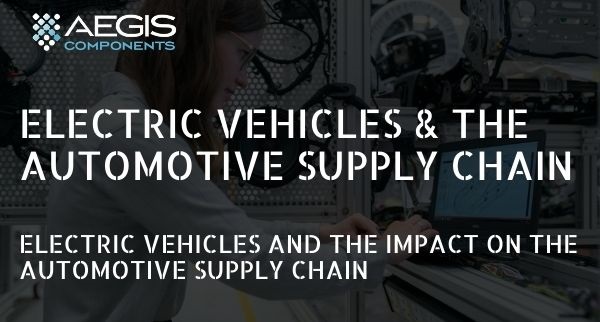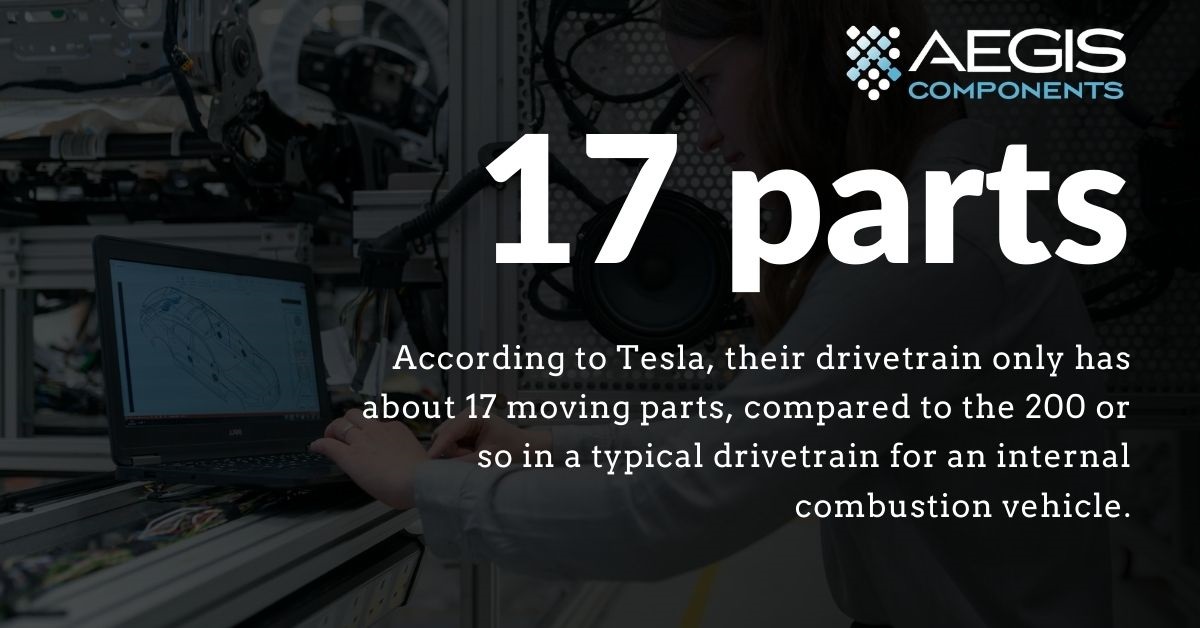
According to the Intergovernmental Panel on Climate Change, transportation accounts for approximately 23% of global energy-related greenhouse gas emissions, and road transport makes up 72% of that. Typically, an EV emits approximately half as much carbon dioxide as an internal combustion vehicle. In the case of electric vehicles (EV), this includes not only the emissions from the power plant where the electricity powering the EV is produced but also the emissions associated with manufacturing the battery itself. As consumers become more eco-conscious and countries set new targets for cutting carbon emissions, global demand for electric vehicles is accelerating. For example, in the United Kingdom, a ban on selling diesel, petrol, and hybrid vehicles will be implemented from 2035 onwards as the U.K. government wants to achieve its goal of net-zero carbon emissions by 2050. Many people in the U.K. and other countries in similar situations have expressed their concern for whether they are prepared to eliminate the use of petrol and diesel completely. Regardless, it has become extremely evident that the shift is taking place, and every company involved in the supply chain must prepare themselves for the increasing production of EVs and their required infrastructure. But how exactly will these production shifts manifest themselves in the electronic and automotive supply chain?

The mechanics of an electric vehicle are quite different than that of an internal combustion vehicle and much simpler in concept. According to Tesla, their drivetrain only has about 17 moving parts, compared to the 200 or so in a typical drivetrain for an internal combustion vehicle. This massive difference is largely due to the simple electric motor which contains 2 pieces, which replaces the internal combustion engine with hundreds of moving parts. However, EVs are more complex than some may think, as they contain many components such as:
As EVs develop and become more complex, the supply chains and the production of these components will also complexify. Additionally, to accurately anticipate the component demand, we must also account for the components needed for the EV infrastructure. To provide an adequate number of charging ports, we will need to expand the current EV infrastructure exponentially. This will require a substantial production of cables, sockets, battery cells, and many other components.
Suppliers that provide components for internal combustion vehicles must evaluate their product portfolios to determine which products could experience slowing demand with the adoption of electric vehicles. Analysts predict that the share of a car’s value attributed to its electronics and powertrain will grow substantially. In an EV, the lithium-ion battery pack accounts for approximately half of the car’s value and spans around the length of the entire vehicle. Major EV components such as the battery, motor, transmission, and others are likely to become highly commoditized. Meanwhile, the demand for traditional internal combustion parts will likely begin to diminish slowly. For example, an electric motor has no need for forced induction such as a turbocharger or supercharger. As traditional suppliers face competition from EV component suppliers, they must assess whether they have the capital structure and flexibility to remain dexterous. Through analysis of technological and regulatory landscapes, Aegis Components has positioned itself to face the coming supply chain challenges. Manufacturers must begin to prepare for this shift towards electric vehicles, and supplier diversification is a simple but critical measure to ensure a supply chain’s resilience. At Aegis Components, our global network of suppliers has been vetted and refined over the last decade. We also maintain strategically placed locations all around the world to help us locate and secure products globally and offer you the most competitive pricing and terms according to your delivery schedule.
Add Aegis Components to your approved vendor list, and let our team help you make strategic and well-informed purchasing decisions.
Contact us today or click the button below!
Aegis Components provides electronic and electrical components from verified suppliers to ensure that the quality you expect is delivered every time.
Fill up the form and our team will get back to you within 24 hours.